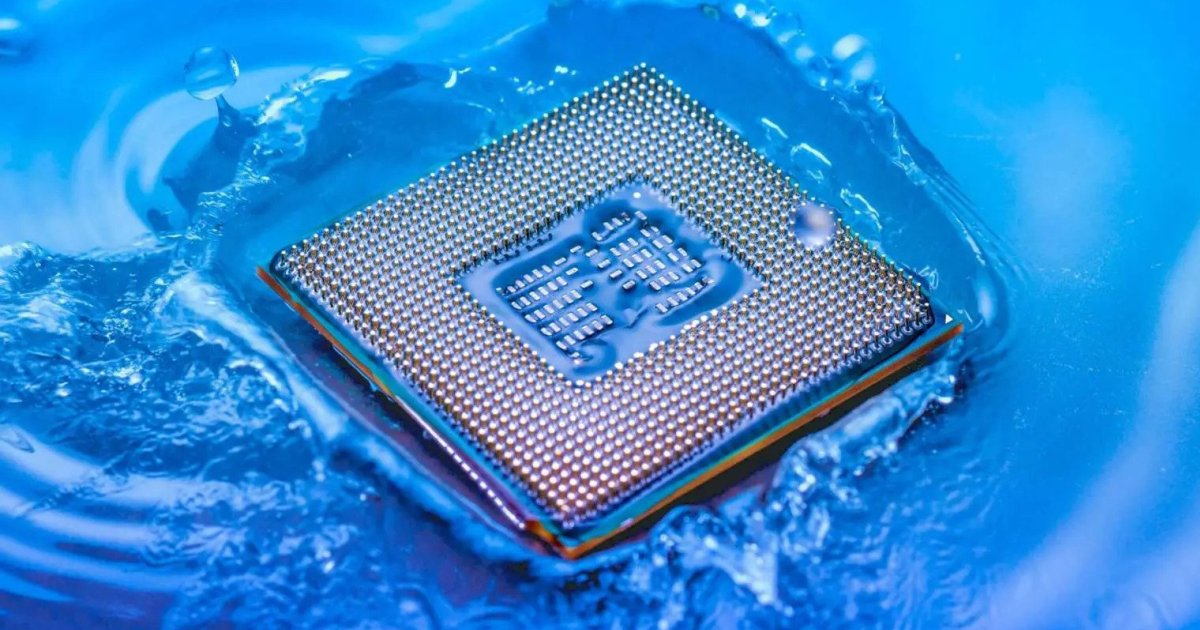
JetCool Technologies Inc. is a provider of direct-to-chip liquid cooling technologies. I, as someone outside the industry (and, in that same breath, a pun enthusiast) finds this to be extremely cool. I suspect others do, as well.
JetCool drives high-power electronic performance via its liquid cooling solutions while maximizing gains for sustainability. By eliminating thermal constraints, device lifetimes are extended and safety systems run more smoothly.
This is just at-a-glance info, though. Let’s take a closer look, particularly given recent JetCool news.
The behind-the-curtain look at how JetCool drives reliable, scalable performance via its cooling solutions is an A-to-B process. Simple to explain; especially in data centers, the high-power electronics housed there are, well, becoming more powerful. With greater power comes more heat. Thus, it becomes quite important to invest in premier cooling technologies so performance gets better, not worse; upgraded, rather than limited by thermal constraints.
JetCool uses small fluid jets within compact cooling modules to make this happen; in doing so, high-power electronic performance is achieved at the chip or device level. By eliminating needs for thermal pastes, as well, thermal resistances are minimized and the solutions become more easily integrable in order to handle the market’s highest-power density devices. This, per JetCool, is “sustainable, reliable and scalable, providing unprecedented improvements.”
So, it makes sense why – just earlier this week – JetCool received a significant boost to its mission to future-proof data centers’ technologies via cooling while reducing energy costs.
The boost in question? JetCool has been selected to receive up to $1,265,747 in funding from the U.S. Department of Energy Advanced Research Projects Agency-Energy (or ARPA-E). This funding will be put towards the creation of more energy-efficient data centers that reduce carbon emissions and contribute substantially to the mitigation of climate change.
This funding is not without its advantages for the ARPA-E, either; in fact, it is expected to directly benefit its “Cooling Operations Optimized for Leaps in Energy, Reliability, and Carbon Hyperefficiency for Information Processing Systems” program. (That, put into an acronym, is “COOLERCHIPS.”)
The COOLERCHIPS objective is to spur the development of high-performance, dynamic cooling solutions tailored for data centers, which account for approximately 2% of the U.S.’s total electricity consumption, according to the ARPA-E.
And it would appear that JetCool’s patented microconvective is up to the task; with the potential to save an impressive 11.1 billion kilowatt-hours of electricity and a staggering 150 billion liters of water annually (per the ARPA-E), JetCool’s patented microconvective liquid cooling solutions are expected to refine energy usage processes and reduce the costs that have been traditionally spent on legacy cooling solutions for data centers. It could even prevent, through widespread deployment, an estimated 35 million metric tons of CO2 emissions globally.
Dr. Bernie Malouin, CEO of JetCool, expressed his enthusiasm about the funding.
"We are thrilled to receive this award from ARPA-E,” Malouin said. “It is a testament to our team's hard work and dedication in developing innovative cooling technologies that can reduce energy consumption in data centers while also reducing their carbon footprint."
Its selection for the Department of Energy’s COOLERCHIPS program is a noteworthy milestone for JetCool. Led by Dr. Ludwig Haber, JetCool’s engineering team (comprised of experts in the fields of mechanical and thermal engineering) will continue working on the development of this cutting-edge cooling. The team aims to fine-tune server cooling in data centers, reducing downtime and undue maintenance costs, leaving a very cool and promising mark on the industry’s sustainable future.
Edited by Greg Tavarez




